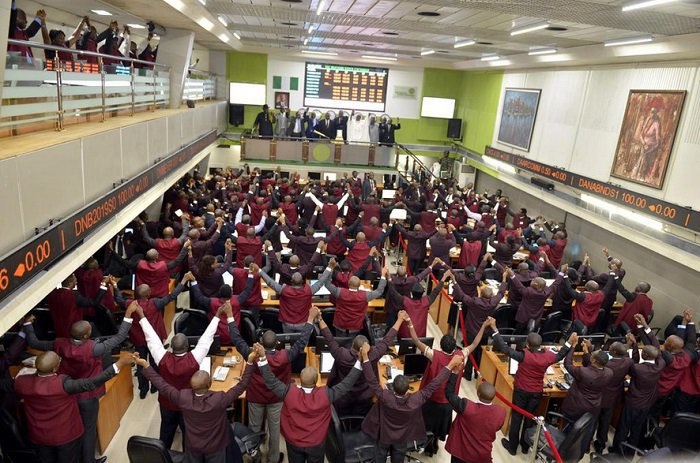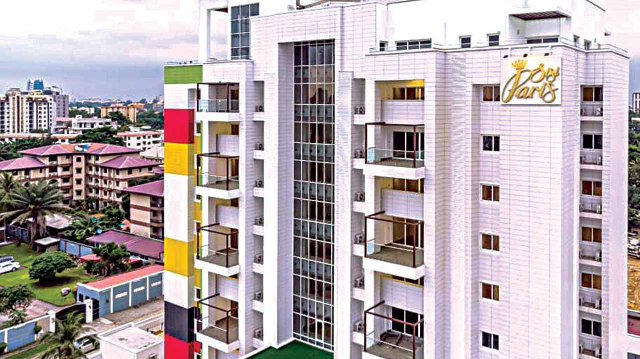The Nigerian equities market kicked off 2019 on a negative note as sell offs in bellwether counters led to a decline of 1.15 per cent in the Nigerian Stock Exchange (NSE) All-Share Index to close at 31,070.06.
The market had ended 2018 with a decline of 18.7 per cent contrary to expectations that the recovery recorded in 2017 would be sustained.
However, political uncertainties in the domestic economy in the build up to the 2019 elections amidst a sluggish growth in gross domestic product (GDP) from the economic recession, which led foreign investors to flee the equities market in search of high-quality lower-risk assets in developed economies notably the United States made the market to closed 2018 on a bearish note.
And on the first trading day of the 2019 yesterday, the market remained bearish, shedding 1.15 per cent due to price losses by bellwether stocks such as Nigerian Breweries Plc, Dangote Cement Plc, Lafarge Africa Plc and Access Bank Plc. Consequently, market capitalisation shed N134.4 billion to close at N11.6 trillion.
In terms of sectoral performance, the NSE Banking Index was the lone gainer, rising by 0.1 per cent following buying interest in Ecobank Transnational Incorporated (+2.1 per cent) and United Bank for Africa (+1.3 per cent). The NSE Consumer Goods Index recorded the highest decline of 2.3 per cent followed by the NSE Insurance Index that sed 1.2 per cent. The NSE Industrial Goods Index and NSE Oil & Gas Index lost 1.2 per cent and 0.7 per cent in that order.
Analysts at SCM Capital Limited said their near term outlook for the local bourse remains conservative owing to political concerns ahead of the 2019 electoral cycle and the absence of a positive driver.
“However, stable macroeconomic fundamentals remain supportive of recovery in the long-term,” they said.
Also looking ahead, analysts at FSDH Research had said: “With growing concerns about a weakening global economy, the U.S Fed providing guidance for two rate hikes in 2019 and more importantly, the elevated political risk in the domestic economy, we expect foreign investors to remain on the sidelines. Hence, we still expect a choppy theme to characterize the nation’s bourse over the short-term.”
Speaking on the performance of the stock market, the Acting Director General of the Securities and Exchange Commission (SEC) Ms. Mary Uduk had said the impact of increase in interest rate in advanced countries not just US, had impact on capital outflow thereby leading to reduced performance in our markets.













